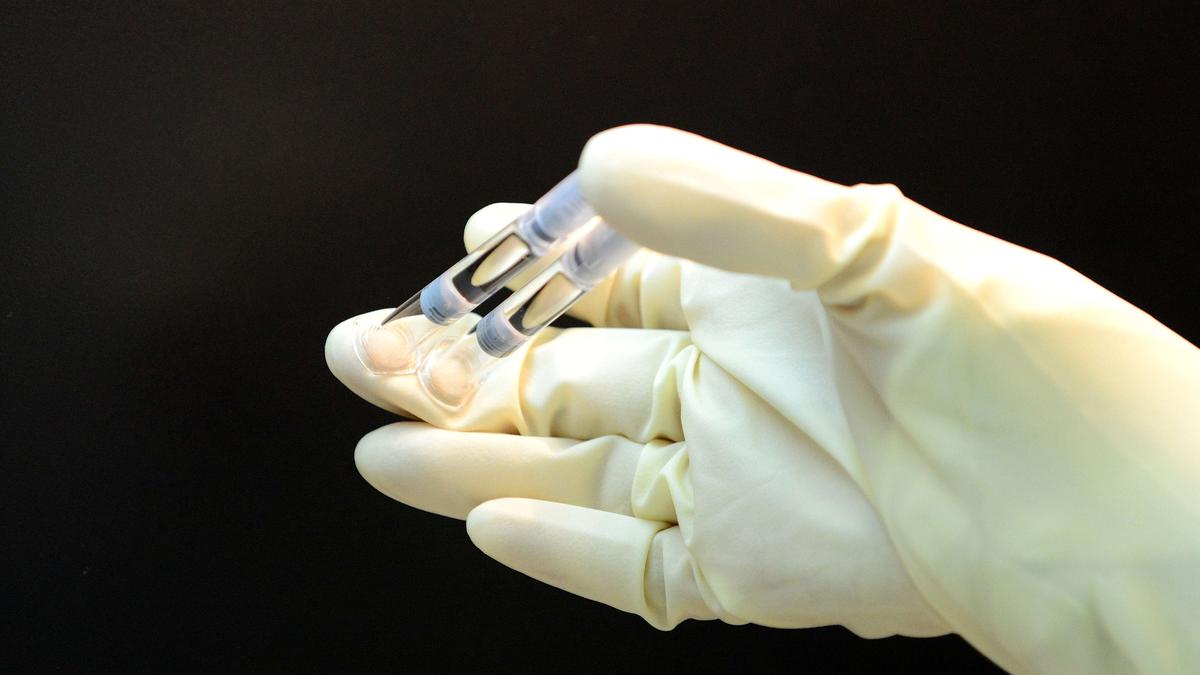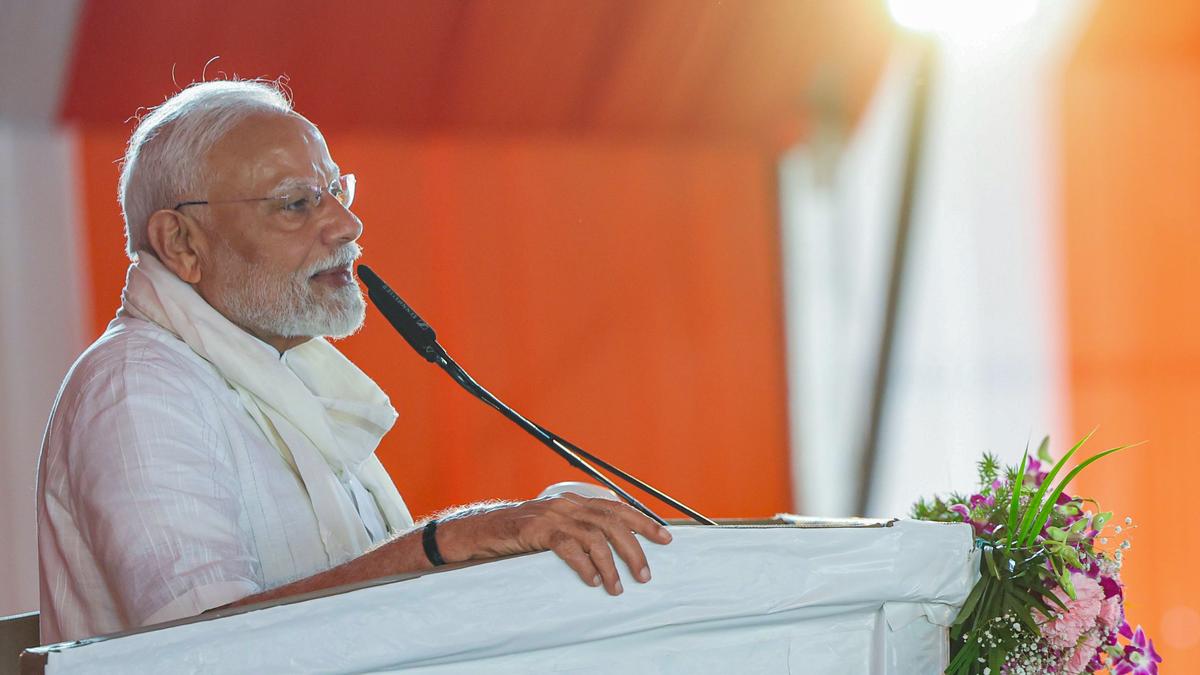Now Reading: Simpler Testing Could Lower Biosimilar Costs, Boost Patient Access
-
01
Simpler Testing Could Lower Biosimilar Costs, Boost Patient Access
Simpler Testing Could Lower Biosimilar Costs, Boost Patient Access

Quick Summary
- Drugs are categorized into two types: small molecule drugs and biologics, with important differences in their molecular complexity and production processes.
- Biologics are larger, complex molecules produced in biological systems, leading to slight variations during production that typically do not affect efficacy or stability.
- Once the patent for a drug expires, competitors can manufacture generics (small molecule drug copies) or biosimilars (equivalents of biologic drugs), making treatment more affordable.
- Generic drugs significantly reduce medication costs; as an example,Sovaldi (for hepatitis C) dropped from $84,000 to $1,000 upon Indian generic firms’ involvement. Biosimilars similarly aim to provide cost-effective alternatives but require more rigorous testing due to their complexity.
- Regulatory bodies like the US FDA and UK authorities are simplifying approval requirements for biosimilars by using modern methods such as phasing out animal trials.
- India currently mandates expensive and lengthy testing procedures but may consider reforms similar to those in developed nations on a case-by-case basis.
Indian Opinion Analysis
India’s effort toward easing biosimilar approval processes could have profound implications on healthcare affordability while ensuring safety standards stay intact.As generics have historically benefited the Indian population with reduced costs for essential medicines,modernized regulatory practices could further empower domestic pharmaceutical companies to produce accessible biosimilars at scale. Simplifying approvals aligns with global trends but must balance innovation incentives against public health needs efficiently without compromising clinical trial rigor when necessary.
While generic frameworks like those in the UK or US may inspire reform, India’s diverse healthcare landscape requires tailoring policies carefully to meet its unique demographic challenges and scaling opportunities within biopharma manufacturing.
Read More: Link
























